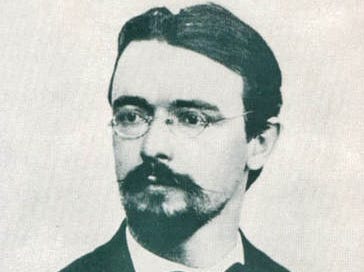Rudolf Steiner: The Man, The Myth, The Legend
From Spiritual Freedom to the Surprising Truths About Vaccines
“In the future, we will eliminate the soul with medicine. Under the pretext of a ‘healthy point of view,’ there will be a vaccine by which the human body will be treated as soon as possible directly at birth, so that the human being cannot develop the thought of the existence of soul and spirt.” Rudolf Steiner (1861—1925)
Greetings, Unorthodoxy readers! This article is not going to be a typical one with a structured flow. Instead, it’s going to be a free-flowing ramble of thoughts that provides about Rudolf Steiner. The idea behind this ramble is to provide some relevance and value to you as the reader.
I’ve been fascinated with Steiner, having first been introduced to his work by Dr. Cohen right before COVID happened. As I’ve grown in life, I keep coming back to his teachings.
Recently, I’ve been particularly drawn to Steiner’s works and spent the past couple of hours diving into some YouTube videos, identifying things to work on. Shou…
Keep reading with a 7-day free trial
Subscribe to Unorthodoxy to keep reading this post and get 7 days of free access to the full post archives.





